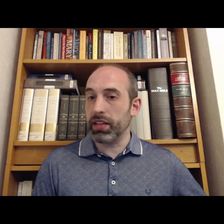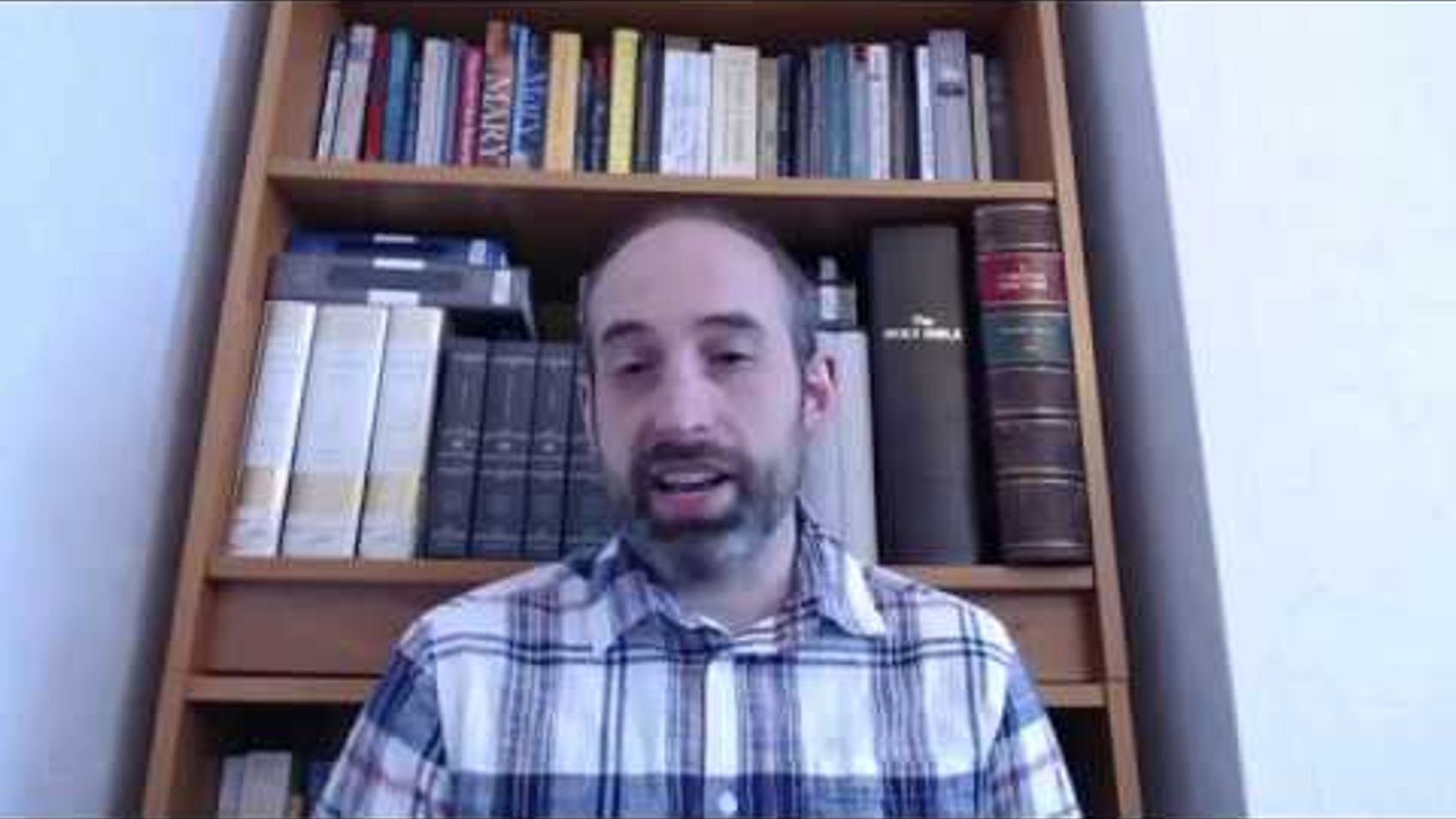Q&A#134 Ritual and Moral Law

Today, I discuss the distinction between the moral and the ritual law, the threefold division of the Law, and natural and positive law.
Within the episode, I mention the Davenant Institute's continuing work modernizing Richard Hooker: https://amzn.to/2EjG1ra (individual volumes are also available—1. https://amzn.to/2EjFzco 2. https://amzn.to/2EhKudO 3. https://amzn.to/2HsBFji 4. https://amzn.to/2Em460n ). I also recommend Brad Littlejohn's introduction to the work of Richard Hooker: https://amzn.to/2HsChFC.
My blog for my podcasts and videos is found here: https://adversariapodcast.com/. You can see transcripts of my videos here: https://adversariapodcast.com/list-of-videos-and-podcasts/.
If you have any questions, you can leave them on my Curious Cat account: https://curiouscat.me/zugzwanged.
If you have enjoyed these talks, please tell your friends and consider supporting me on Patreon: https://www.patreon.com/zugzwanged. You can also support me using my PayPal account: https://bit.ly/2RLaUcB.
The audio of all of my videos is available on my Soundcloud account: https://soundcloud.com/alastairadversaria. You can also listen to the audio of these episodes on iTunes: https://itunes.apple.com/gb/podcast/alastairs-adversaria/id1416351035?mt=2.
More From Alastair Roberts






More on OpenTheo















